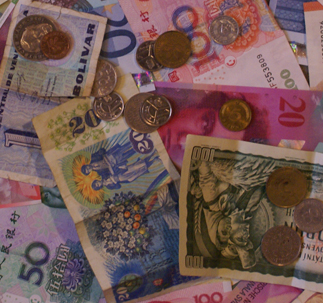We continue a series of articles about what historical files can tell us about leaks in a pre-digital age; some things remain the same, while well within living memory things have changed utterly.
Leaks also matter, whether in sport, business or politics, if what’s leaked can be turned into profit – not only headlines, but in money terms. So it proved with a brief affair early in the Heath government of 1970-74, in another file at the National Archives at Kew, Prem 15/175.
Heath and such senior civil servants as Sir Douglas Allen (Treasury) and Sir Burke Trend (Cabinet Secretary) at 12.30pm on July 16, 1970. They were discussing what to do after suggestions by the jobbers (market makers on the London Stock Exchange) at the company Wedd Durlacher Mordaunt that dealings in the gilt edged market on Monday, July 14 had been due to improper knowledge of the June trade figures.
While this might sound esoteric today, in 1970 trade figures were most sensitive; indeed, some felt that Labour had lost the June 1970 election because of the official release of unfavourable-looking trade figures. Heath agreed that the allegation was serious, and the Government might have to appoint a tribunal of inquiry, that is, a private inquiry might not be enough to clear the Government’s name. the deputy governor of the Bank of England was asking the company for a letter that they had no evidence of a leak. Stock market behaviour on the morning of July 14 might have been just speculation before those figures. Civil servants drew up a statement for the PM to make in the House of Commons; if the opposition Labour Party brought up the case; but they didn’t.
Next: data loss in a pre-digital age.










